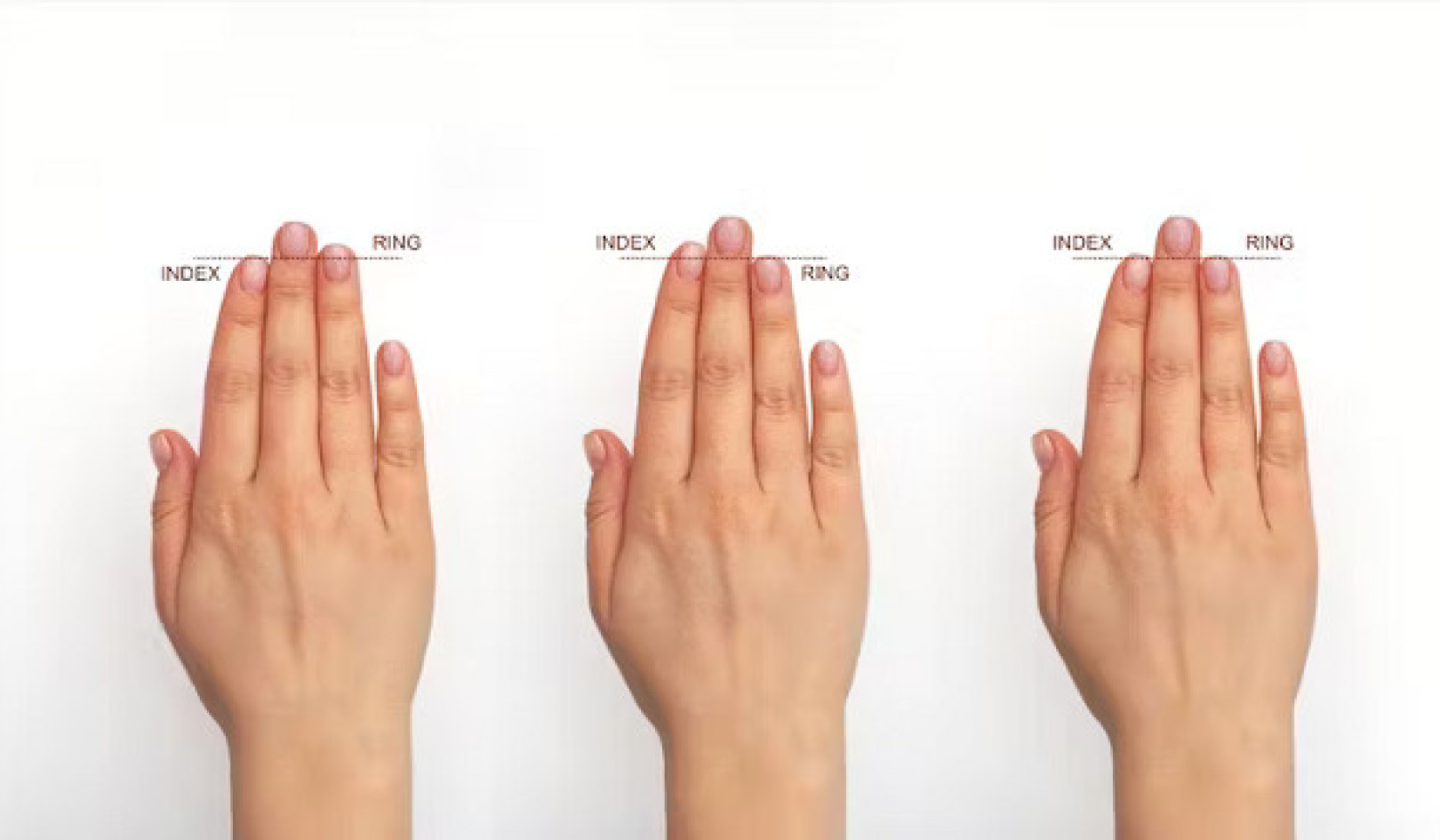
Prostock-Studio/Shutterstock
The American National Sleep Foundation recommends that adults get seven to nine hours sleep each night. Many people fall short of this because they restrict their sleep to make way for a change in their life, such as having a new baby, taking on a new job that starts much earlier, or moving to a new home that is further from work. Our latest research shows the detrimental effect this can have on some people’s health – some, but not all.
Our study, published in the journal Sleep, shows that adults who restrict their sleep by two or more hours each night are more likely to suffer a respiratory illness, but only in those reporting poor sleep quality. Adults who don’t get the recommended amount of sleep but report getting a good night’s sleep seem to be protected from respiratory illness, including colds, flu and COVID.
Good sleep quality is associated with a stage of sleep known as “slow-wave sleep”.
There are four sleep stages, distinguished by patterns of brain activity, eye movements and muscle tone. On a normal night’s sleep, these four stages cycle every 90 minutes or so. Stages one to three are characterised as non-rapid eye movement sleep (non-REM) and stage four is REM sleep, where your eyes move rapidly behind your eyelids. Non-REM sleep comprises light sleep in stages one and two through to deep sleep in stage three. This deep sleep in stage three is slow-wave sleep.
Slow-wave sleep helps you feel refreshed when you wake up and is linked to how people rate their sleep quality.
Individual sleep needs matter
Research shows that adults who usually get less than seven to nine hours of sleep are more likely to suffer ill health. Obesity, type 2 diabetes, cardiovascular disease and respiratory infection are all more common in habitual short sleepers – those sleeping less than six hours a night.
These findings provide a solid foundation for the one-size-fits-all sleep duration recommendation. Yet sleeping for seven to nine hours each night is probably not necessary for everyone to achieve optimal health. People may differ in their sleep needs.
Our new research was inspired by the findings of a 2012 study showing that pneumonia risk was increased among short sleepers (less than five hours sleep a night). However, the risk of pneumonia was only increased in short sleepers who perceived they had inadequate sleep. The risk of getting pneumonia was not increased in short-sleepers who reported adequate sleep.
In our study, we wanted to know whether sleep restriction increases the risk of getting a respiratory infection and whether good quality sleep protects against respiratory infection during a time of sleep restriction.
Civilians entering basic military training offered us an opportunity to answer these questions under standardised living and working conditions, such as diet and physical activity. Sleep restriction during military training is largely because of early morning awakening.
Testing in military recruits
We recruited 1,318 healthy adults (68% males) and asked them to report their sleep duration and quality during civilian life and at the start and end of 12 weeks of training. We defined sleep restriction as a two-or-more-hour reduction in sleep each night compared with civilian life. Respiratory infections were diagnosed by a doctor.
We found that sleep restriction increases respiratory infection, but only in those with poor quality sleep.
On average, recruits slept two hours less during military training than in civilian life. Despite this, over half of those with sleep restriction rated their sleep as good quality.
Recruits who experienced sleep restriction during training were three times more likely to suffer respiratory infection. This finding remained after taking into account factors that influence the risk of respiratory infection, such as season and smoking. But that wasn’t the end of the story.
Further analysis of the data revealed that sleep restriction only increased respiratory infection in recruits reporting poor sleep quality. Good sleep quality was associated with protection against respiratory infection.
The next step is to investigate whether improving sleep quality translates to reduced respiratory infection in those who can’t afford the recommended seven to nine hours of sleep each night.
Ways to improve your sleep quality
Here are five ways to improve your sleep quality that may boost your resistance to respiratory infections:![]()
- Adopt a consistent sleep schedule (similar bed and wake time), including weekends.
- Avoid large meals, caffeine and alcohol close to bedtime.
- Ensure the bed and pillow are comfortable and that the room is cool, dark and quiet.
- Establish a relaxing bedtime routine. Go screen-free 30 minutes before bedtime and go to bed when you feel sleepy.
- Exercise during the day as it may help you fall asleep.
About The Author
Neil Walsh, Professor, Applied Physiology, Liverpool John Moores University
This article is republished from The Conversation under a Creative Commons license. Read the original article.
Related Books:
The Body Keeps the Score: Brain Mind and Body in the Healing of Trauma
by Bessel van der Kolk
This book explores the connections between trauma and physical and mental health, offering insights and strategies for healing and recovery.
Click for more info or to order
Breath: The New Science of a Lost Art
by James Nestor
This book explores the science and practice of breathing, offering insights and techniques for improving physical and mental health.
Click for more info or to order
The Plant Paradox: The Hidden Dangers in "Healthy" Foods That Cause Disease and Weight Gain
by Steven R. Gundry
This book explores the links between diet, health, and disease, offering insights and strategies for improving overall health and wellness.
Click for more info or to order
The Immunity Code: The New Paradigm for Real Health and Radical Anti-Aging
by Joel Greene
This book offers a new perspective on health and immunity, drawing on principles of epigenetics and offering insights and strategies for optimizing health and aging.
Click for more info or to order
The Complete Guide to Fasting: Heal Your Body Through Intermittent, Alternate-Day, and Extended Fasting
by Dr. Jason Fung and Jimmy Moore
This book explores the science and practice of fasting offering insights and strategies for improving overall health and wellness.























